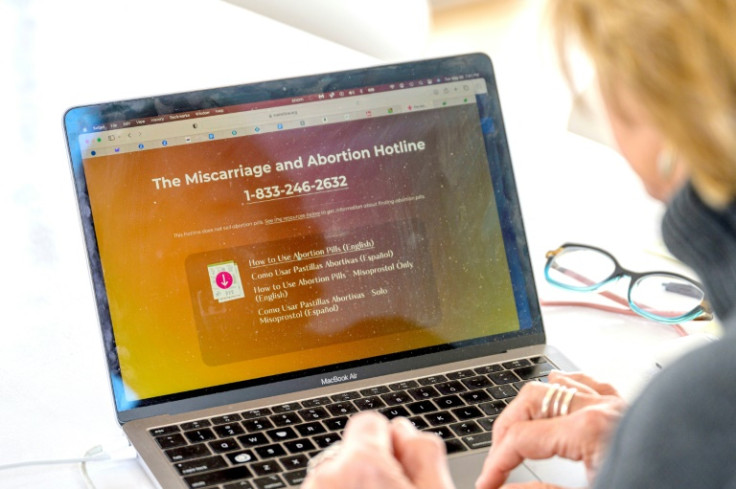
The Arizona Supreme Court ruled on Tuesday that the state can enforce a law that is over 150 years old and bans abortion in practically all cases, including rape and incest, the only exception being when the mother's life is in danger.
Concretely, the case sought to determine whether the state was subject to the law that predated its statehood. A court had blocked the law shortly after the U.S. Supreme Court issued the Roe V. Wade decision in 1973, guaranteeing a constitutional right to abortion.
But after the 2022 Dobbs ruling, which overturned Roe V. Wade, then-Arizona state Attorney General Mark Brnovich (a Republican) persuaded a local judge to lift the block on the 1864 law. The Associated Press recalled that his successor, Democrat Kris Mayes, urged the state Supreme Court to ban the law.
"Today's decision to reimpose a law from a time when Arizona wasn't a state, the Civil War was raging, and women couldn't even vote will go down in history as a stain on our state," Mayes said Tuesday.
However, activists are seeking a different path to guarantee access to abortion in the state. Last week, groups advocating for the inclusion of reproductive rights in the state constitution announced they surpassed the signature threshold required to place an amendment on abortion on the state's ballot in November.
This means that Arizona will likely join other states which are set to directly ask voters if they want to enshrine abortion access in the state constitution—an issue that has taken center stage in the 2024 presidential elections, as the issue could help tip the scale in several races.
There are a total of eleven states that are likely to take abortion rights measures on the ballot in November. Florida, Maryland and New York are confirmed, while Arizona, Montana, South Dakota, Nebraska, Colorado, Nevada, Missouri and Arkansas.
Florida is in a similar situation to Arizona, as its Supreme Court recently upheld a statewide ban on abortions after six weeks but also allowed an initiative to enshrine broader rights in its constitution to appear on the ballot in November.
The amendment they seek to enshrine in the state constitution reads: "No law shall prohibit, penalize, delay, or restrict abortion before viability or when necessary to protect the patient's health, as determined by the patient's healthcare provider."
The decision gains more significance when considering that expanding abortion rights won every time they were on the ballot since the U.S. Supreme Court overturned Roe V. Wade.
© 2025 Latin Times. All rights reserved. Do not reproduce without permission.





